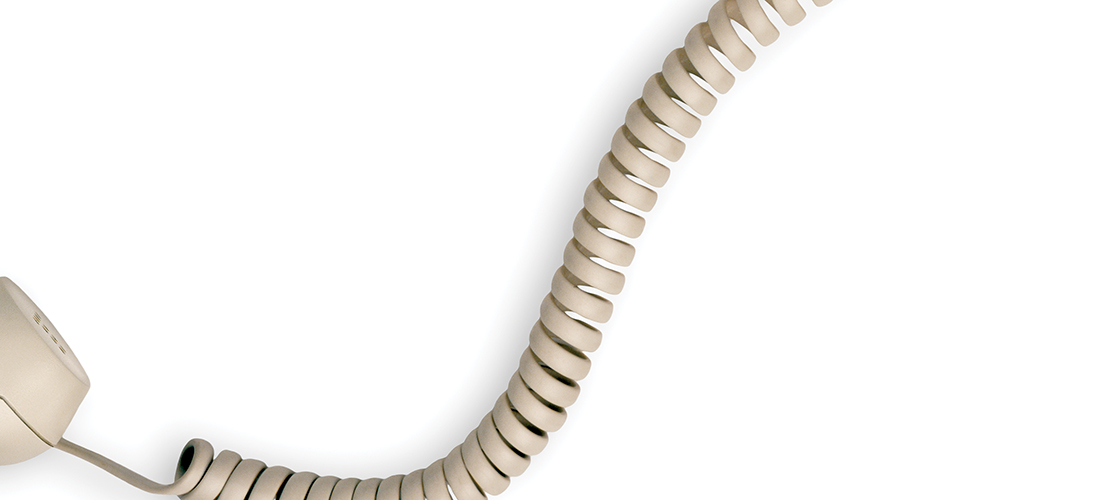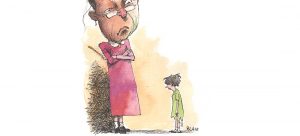
Beige Wall Telephone, 1960s
To you who have never known what it is to be tethered
to the family’s one phone by a corkscrew cord
filthied by idle fingers twisting it as we talked
and stretched by our efforts to sneak with the handset
away from the dining room where that cheap plastic box
clung to the wall, my sister and I desperate
to hide behind curtains or in a nearby room
and mumble dumb endearments to whichever lucky soul
we had a crush on that week: I won’t say how wonderful
it felt to hear a call’s unexpected tremolo
and rush to answer that sudden summons,
lifting the receiver’s heavy curve out of its metal hook,
or to dial seven numbers on a whirring analog wheel
and hear a distant ringing pulse in the ear,
knowing that actual bells trilled as a body
moved through space to deliver its hopeful Hello? –
no, it was awful, that phone, intended for businesses,
brisk standing exchanges of information,
not a home where its too-public anchoring
left adolescent siblings open to each other’s mockery
and the cocked ears of nosy parents straining to decode
one side of conversations as we curled closer
to the wall and whispered words downward
into the darkness that our huddling made, not pacing
like a barking dog chained to a stake in the backyard
but trying our best to vanish, descending
slow as a diver sipping words like oxygen
from a humming line whose other end kept us breathing.
— Michael McFee, From We Were Once Here,
Carnegie Mellon University Press, 2017





